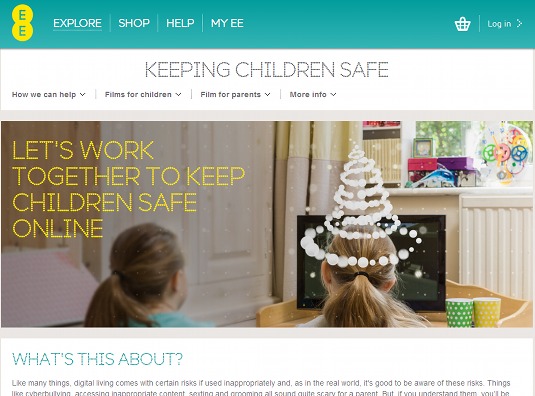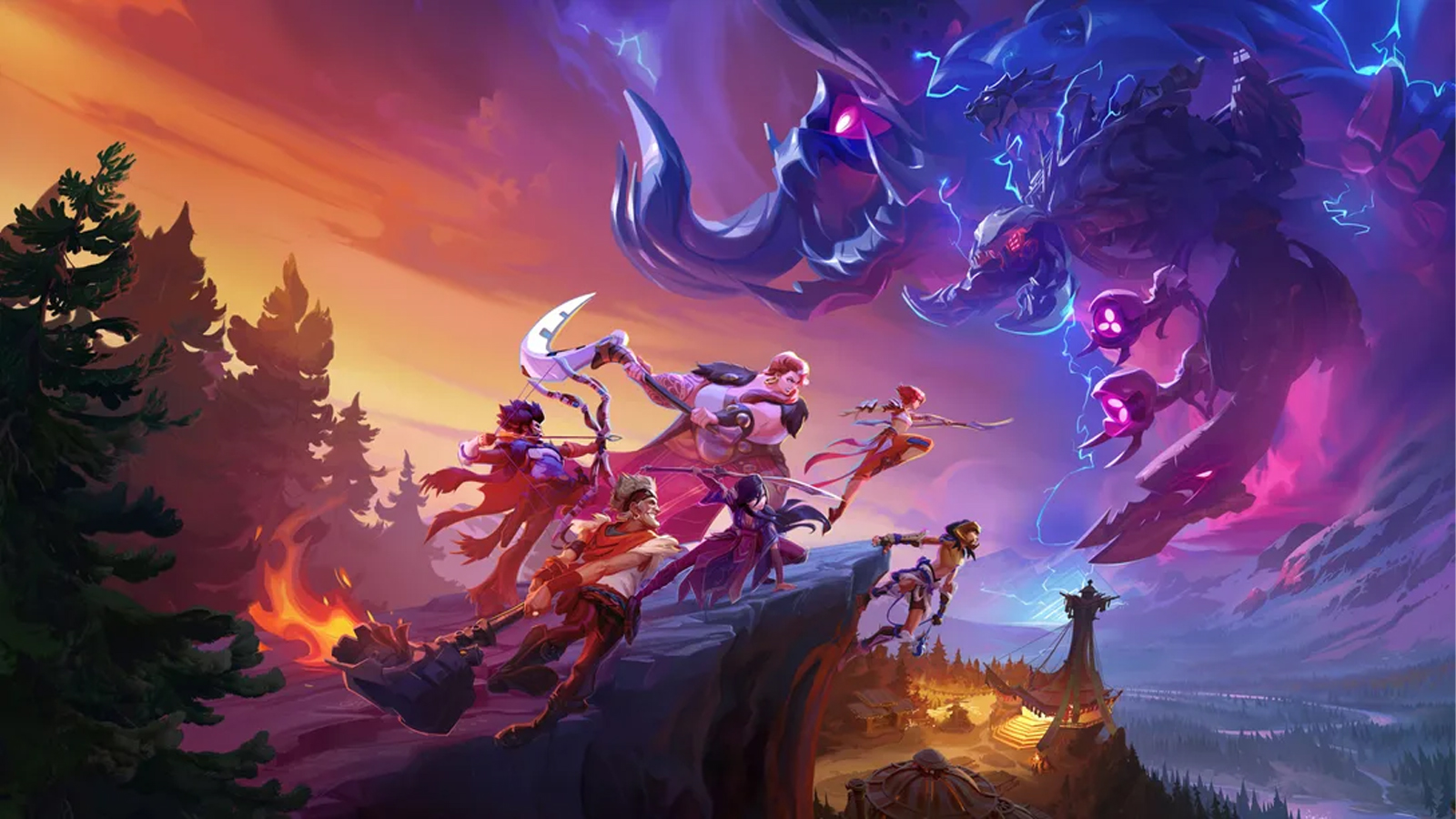Why web censorship treats us all like children
You're an adult. Fancy needing to ask permission to tweet? asks Gary Marshall.
Daily design news, reviews, how-tos and more, as picked by the editors.
You are now subscribed
Your newsletter sign-up was successful
Want to add more newsletters?

Five times a week
CreativeBloq
Your daily dose of creative inspiration: unmissable art, design and tech news, reviews, expert commentary and buying advice.

Once a week
By Design
The design newsletter from Creative Bloq, bringing you the latest news and inspiration from the worlds of graphic design, branding, typography and more.

Once a week
State of the Art
Our digital art newsletter is your go-to source for the latest news, trends, and inspiration from the worlds of art, illustration, 3D modelling, game design, animation, and beyond.

Seasonal (around events)
Brand Impact Awards
Make an impression. Sign up to learn more about this prestigious award scheme, which celebrates the best of branding.
According to the Daily Mail, "the Prime Minister says he worries when any of his three children 'grab hold of the iPad' because they risk seeing obscene images." The solution seems pretty obvious to me: the PM should close his browser tabs before leaving his iPad lying around.
Ho ho! My laugh is hollow, though. We're going through another of the UK's periodic internet porn panics, and this time the solution that politicians would like to see is mandatory ISP-level filtering for every internet connection in Britain.
But it won't just be porn that's blocked. Anything that might upset the kiddywinks will be blocked by default, and if you want to tweet angrily during Question Time you'll have to ask your ISP to disable the filth filters.
Don't believe me? Take a gander at Everything Everywhere's Safeguard service. The family-friendly setting, Safeguard On, permits you access to "universally rated sites" but blocks "user generated content like YouTube, Flickr, Picassa [sic] or Twitter" or any 18-plus material.

Safeguard On is voluntary, but it's what MPs such as Claire Perry would like every household to have by default: she's interested in blocking all adult content, not just the pornographic stuff.
While Perry appears to accept that grown-ups should have an opt-out, she wants it to be a temporary one. Speaking to Wired, Perry said that "we will have automatic put on, so if you turn the filter off at 9pm, it turns on again at 7am" - meaning you'll have to ask to unblock it every evening.
Lies, damned lies...
Ideas like that, coupled with all manner of dubious statistics - and Perry's alliance with the Christian organisations Premier Christian Media and Safermedia - suggest that the argument here isn't based entirely on facts.
Daily design news, reviews, how-tos and more, as picked by the editors.
Even the 'facts' aren't based on facts. Take The Sunday Times's recent Generation Porn feature, for example: the cover screamed that "36 per cent of the internet is pornography, one in four search queries is about porn. A third of all downloads are porn. Online porn makes $3,000 a second ... and your child has access to it all." As the Ministry of Truth points out, those statistics are all "bullshit".
Meanwhile Safermedia's site website claims that "1/3 of children have been exposed to explicit pornography on the internet by the age of 10". That figure comes from the Independent Parliamentary Enquiry into Online Child Protection report, which Safermedia sponsored, but the enquiry's source is a 2010 article in Psychologies magazine. A more recent survey of UK children by the LSE in 2012 was of older children (nine to 16-year-olds) and reported much lower numbers: 11 per cent had seen sexual images, eight per cent nudity, and six per cent had seen images of someone having sex. Six per cent may well be too many, but six per cent is hardly one in three under-10s.
Mandatory filtering is a bad idea based on scaremongering, supposition and flawed stats. I'm all for protecting children, but let's base our decisions on facts, not faith.
Words: Gary Marshall
Liked this? Read these!
- The ultimate guide to logo design
- Discover what's next for Augmented Reality
- Amazing examples of experimental design
What's your take on internet filtering? Tell us in the comments!

The Creative Bloq team is made up of a group of art and design enthusiasts, and has changed and evolved since Creative Bloq began back in 2012. The current website team consists of eight full-time members of staff: Editor Georgia Coggan, Deputy Editor Rosie Hilder, Ecommerce Editor Beren Neale, Senior News Editor Daniel Piper, Editor, Digital Art and 3D Ian Dean, Tech Reviews Editor Erlingur Einarsson, Ecommerce Writer Beth Nicholls and Staff Writer Natalie Fear, as well as a roster of freelancers from around the world. The ImagineFX magazine team also pitch in, ensuring that content from leading digital art publication ImagineFX is represented on Creative Bloq.
